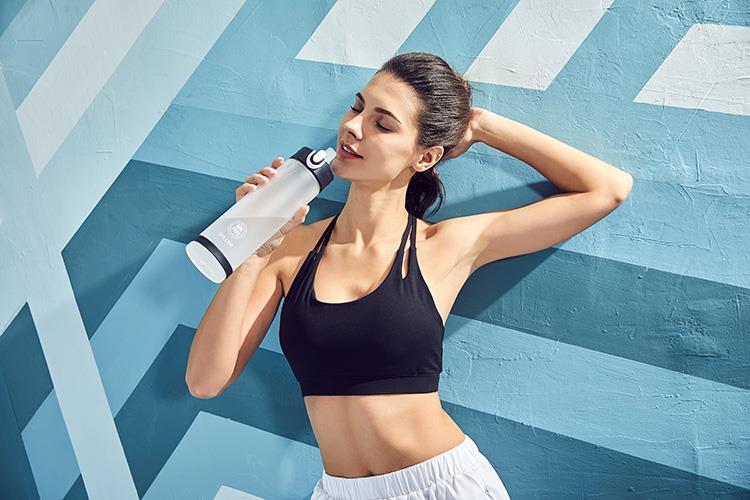In order to "clean up plastic waste on the earth", the war against disposable plastic bottles is intensifying, and various solutions emerge in endlessly. One of them is reusable plastic water bottles. Transparency Market Research (TMR) released a report on the Global Reusable Plastic Water Bottle Market 2017-2022. Moiz Adenwala, from the market research institute, said: "Reusable plastic water bottles are environmentally friendly and, in the long run, of course, cheaper. So the market looks promising.
TMR expects the annual composite growth rate of reusable plastic water bottles to reach 4.5% during the period under study. "As a result, competition in this market is heating up," Adenwala said. "To compete in an increasingly crowded market, participants are adopting various strategies, including innovation and strategic alliances."

Thanks to innovation, the global market for reusable plastic water bottles is witnessing the abundance of products of various shapes and sizes. Adenwala pointed out that from compressible bicycle bottles to durable plastic bottles like Le Gene, plastic water bottles provide consumers with the greatest diversity and versatility. "Bottles vary in size from 0 to 500, 500 to 1000, 1000 to 2000 milliliters. There are also a series of materials, including high-density polyethylene, low-density polyethylene, polycarbonate and so on.
I agree with Adenwala and TMR. Consumers will not give up the convenience and benefits of plastic water bottles in a short time. Although I have seen people carry reusable metal water bottles with them, more people still use reusable plastic water bottles, usually made of polycarbonate.
However, Adenwala pointed out that "a major obstacle to the global reusable water bottle market" is a concern about the safety of BPA, which "is usually associated with cancer".
I have to interrupt here. More than 20 years of scientific research and FDA and other tissue tests on humans and animals have found no conclusive evidence that a small amount of BPA used in polycarbonate is the cause of any type of disease. Resin manufacturers are aware of this decades-long concern, and although there is no scientific evidence that BPA is related to disease, they have developed BPA-free polymers to alleviate consumer concerns.
"China and India are witnessing rapid economic growth and urbanization, resulting in more and more people using plastic in both regions." Adenwala pointed out. Government regulations restricting the entry of plastic waste into waterways and other environments have opened the door to the local market for reusable plastic water bottles.
Reusable plastic water bottles seem to be a better choice than glass water bottle, especially in places where glass water bottles are banned for entertainment, such as beaches, swimming pools and other places where glass debris can be dangerous. I appreciate the innovative solutions that have emerged to meet the challenges plastics face globally, but when we believe that one solution is all solutions, we should always bear in mind the unexpected consequences.

